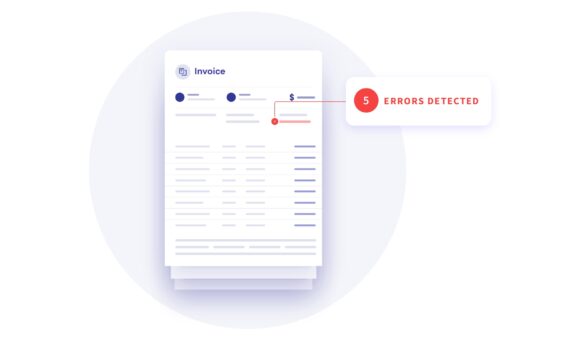Transactions, technologies and trends
Category: Master data
Master data is the core and most essential data that defines and categorizes fundamental business entities, processes, and objects within an organization. It is the foundational information upon which various business activities and operations are built, ensuring consistency, accuracy, and reliable decision-making across different departments and systems.
In accounting and finance technology, master data is of utmost importance due to its critical role in ensuring the accuracy of financial reporting, compliance with regulations, and effective financial management. It encompasses various key elements:
- Chart of Accounts: The chart of accounts is a crucial component of master data in accounting. It defines the categories and codes used to classify financial transactions, providing a structured financial reporting and analysis framework.
- Vendor and Customer Data: Accurate vendor and customer information is essential for invoicing, payments, and financial interactions. Master data management ensures up-to-date and consistent records for these entities.
- Product and Inventory Data: For businesses that deal with physical products, master data includes details about items in the inventory, including their descriptions, units of measure, and pricing. This data supports accurate cost calculations and inventory management.
- Currency and Exchange Rates: In a global business environment, master data includes currency information and exchange rates, enabling accurate currency conversions and international transactions.
- Organizational Hierarchy: Master data includes information about organizational structures, departments, cost centers, and reporting lines. This information is critical for budgeting, financial planning, and managerial reporting.
- Bank and Financial Account Data: Accurate information about bank accounts and financial institutions ensures seamless fund transfers, payment processing, and reconciliation.
- Compliance Data: In finance and accounting, master data helps ensure compliance with regulations and standards. For example, tax codes, legal entities, and industry-specific identifiers are all part of master data.
Effective management of master data in accounting and finance technology involves maintaining consistent, accurate, and up-to-date records. This is achieved through robust data governance processes, data validation mechanisms, and integration with various financial systems and tools. By establishing a reliable master data foundation, organizations can improve financial transparency, streamline operations, reduce errors, and make well-informed financial decisions contribute to their overall success.
Here are our articles on master data.

The digital transformation has been a paradigm shift for the business sector, enabling much more efficient processes and better productivity than ever before anticipated. …

Manual work and outdated software don’t only make finance processes slower and work-intensive, there is a significant risk of capital leaking from your company …

In need of inspiration on how to turn your digital transformation ideas into practice? Our new ebook Digital transformation for CFOs can help you with …

How can you turn your big finance transformation ideas and objectives into tangible solutions? What is your organization doing to implement finance automation across …

Keep your supplier registry clean. How you interact with the world is a very important aspect of your business. Regardless of industry, one …
